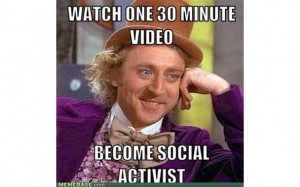The Conflict in Syria
22 04 2012Until this week, I had heard that there was a conflict in Syria, but I had no idea what it was about. One of the things that really struck me as interesting was how Bashar al-Assad was supposed to come in as an engine of change with all kinds of Western Democratic ideas, and he actually ended up being worse than his predecessor. Over 7,000 people have died in the conflict, and Assad continues to hold power and literally crush his opposition. The situation kind of reminds me of how in the 1920’s Germany was in a huge depression and the people elected Adolph Hitler as a savior to pull them out of their economic hard times. In both places, things got a little better, then a lot worse, and innocent people were murdered.
Another thing that I found really interesting was how Iran continues to support Assad’s rule, and even tries to help the government avoid the UN sanctions. This aspect really complicates the problem, as other countries (such as the US) are reluctant to help for fear of Iranian backlash. Instead, the Obama administration is trying to help out in Syria through the UN, which as effective as direct US involvement would be.
I don’t know what my opinion is on the issue, just because I have a very superficial understanding of it. Luckily, that’s what honors is for and I’m excited for our discussion.
Categories : Honors Spring 2012
